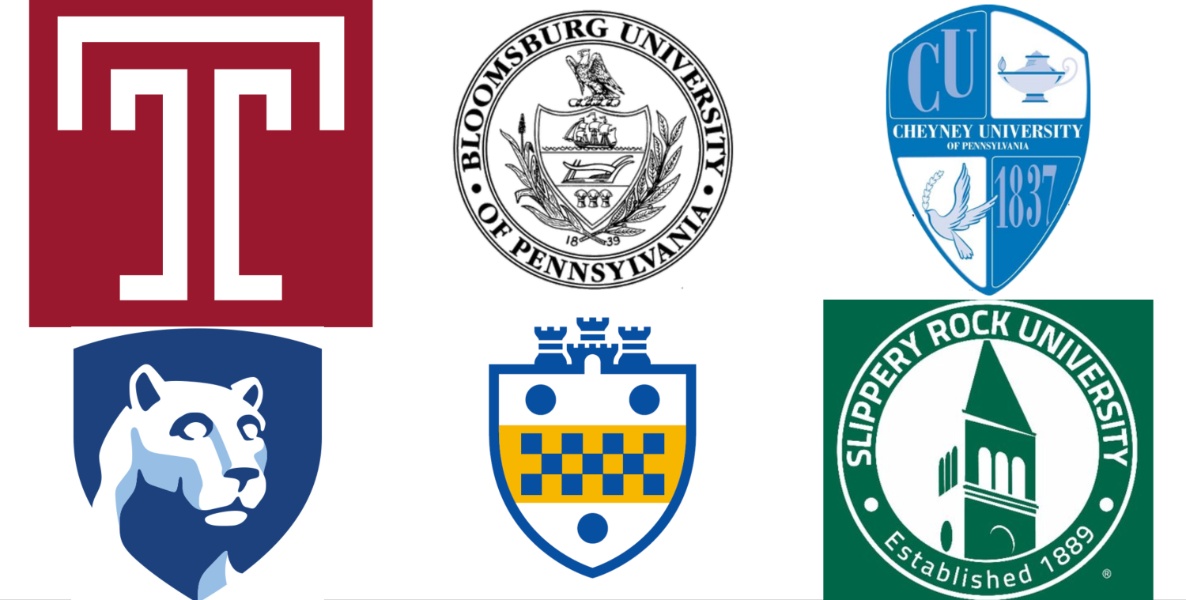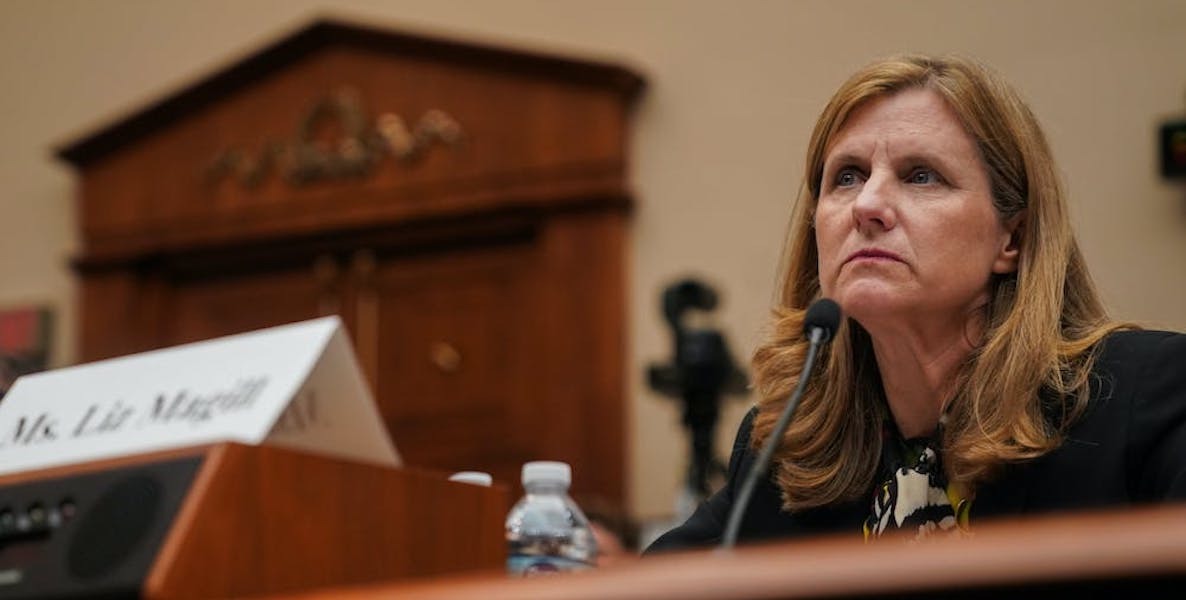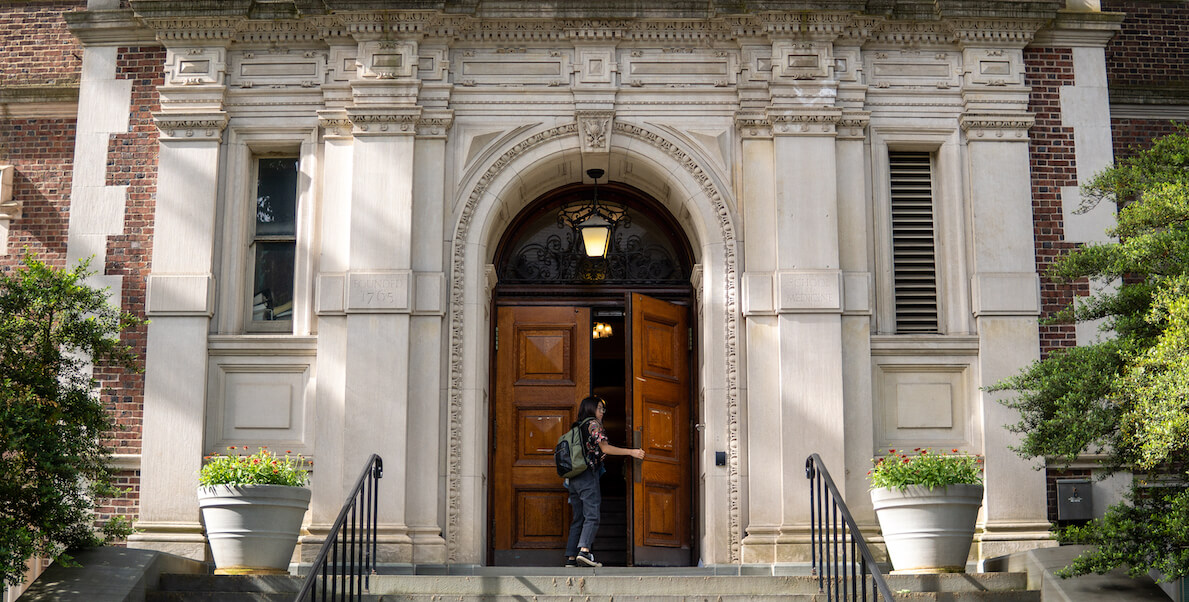Former chair of University of Pennsylvania Board of Trustees Scott L. Bok, who resigned last week along with President Liz Magill, wrote an important Inquirer op-ed a few days later, entitled, “Donors should not decide campus policies or determine what is taught.” In it he makes an important point:
Universities need to be very careful of the influence of money, especially one like Penn, which has a business school with a brand larger than that of the university itself. And I say that as both a Wharton graduate and someone who understands that contributions play a critical role in everything from lifesaving medical research to scholarships for kids like I once was.
This is one of the many difficult things to understand about higher education. But for the sake of the search for truth and protection of democracy, the integrity of universities and colleges must be protected. No one should be able to buy a scholar’s position on anything. And yet we are witnessing philanthropists who have long supported Penn and Harvard demanding a direct say in faculty appointments and curriculum.
Rep. Elise Stefanik’s (NY) carefully orchestrated theatrical trap for three university presidents, Liz Magill of Penn, Claudine Gay of Harvard, and Sally Kornbluth of MIT, has unfortunately resulted, temporarily I hope, in undermining Americans’ faith in university leaders. The Chronicle of Higher Education reports:
Nearly 80 percent of Americans surveyed in a new U.S. News-Harris Poll survey say that higher education institutions are more worried about their endowment than creating leaders of tomorrow, and more than 60 percent believe they are prioritizing donors, press and other external factors over students.
It’s painfully ironic that a substantial majority of the public believe that university leaders are focused on donors and their priorities despite the fact that the three university presidents interrogated on December 5 by the House Committee on Education and the Workforce defied pressure from donors and tried, unsuccessfully, to explain the subtleties of university values to an entirely unreceptive audience. The presidents undid themselves and unintentionally compromised university values by functioning as if the hearing were a fair and open forum designed for reasoned debate instead of a political snare demanding careful performance rather than academic explanations.
Nonetheless, donors like Bill Ackman at Harvard and Marc Rowan at Penn believe that they have bought the right to question everything from hiring policies to curriculum. They haven’t — and they shouldn’t.
“The four essential freedoms of a university: to determine for itself on academic grounds who may teach, what may be taught, how it shall be taught, and who may be admitted to study.” — Supreme Court Justice Felix Frankfurter in 1967
What’s at stake? Everything that makes universities strong. University autonomy differentiates vibrant campuses devoted to the search for truth to pawns of autocratic governments or oligarchies. In Keyishian v. Board of Regents (1967), Supreme Court Justice Felix Frankfurter specified “the four essential freedoms of a university: to determine for itself on academic grounds who may teach, what may be taught, how it shall be taught, and who may be admitted to study.” These four essential freedoms are core values of the academy. And yet in 2023, we see them eroded every day by Governor Ron DeSantis, by legislatures, and lately by university donors.
Look, I understand that Ackman, Rowan and other philanthropists love their universities and have literally invested enormous amounts of pride, hope and, of course, money in them. But in order for the universities to continue to merit philanthropic support — to be the great higher education institutions that they can be — Penn and Harvard must maintain their integrity.
Two stories of donors keeping hands off curriculum
The year was 1986. I was Associate Dean of the College at Brown University, with responsibility to work with the faculty to develop creative curriculum and to cooperate with the Development Office to raise funds to support new programs. My faculty colleagues and I came up with a project called, “Interrogating the Great Books.” The idea was to look at books traditionally accepted as great — and books that might one day be considered great — and ask questions about the definition of greatness. The project would connect Brown faculty members with local Providence (RI) high school teachers.
I was assigned to meet one-on-one with an interested donor. The donor and I got along well and had some fascinating conversations. He was ready to write a check. But then he told me that he would develop the list of books to be studied. Whoops! I asked Brown’s Vice President for Development what to do. He said to do my best to explain why, for the integrity of the program and to protect university values, Brown faculty members — and not the donor — had to decide on the list of books. The VP knew that my professorial field was communication but that no matter how persuasive I tried to be the donor might simply not want to listen. The VP made it clear that if the donor rejected my explanations, I should say, “No thank you, and let’s meet later to discuss other projects that might interest you.”
Actually, the donor understood and invested a substantial sum in the project. We also received a grant from the National Endowment for the Humanities.
Fast forward to 2020. As I planned my retirement as President of Governors State University (GSU), my husband and I endowed an annual writing prize for first-year GSU students. Of course, we would have no role in selecting the recipients. The criteria for the award would always be completely up to the faculty of the English Department, with a free hand to develop the prize as they saw fit. They have already revised the criteria to include submissions with visual elements. As donors, we simply congratulate the winners.
These personal examples highlight an essential principle: Donors should never micromanage university policies or activities.
What can we do
- Keep faith in colleges and universities. Don’t allow politicians for their own purposes to undermine these bastions of democracy.
- If you can, make philanthropic contributions to colleges and universities but with no strings attached.
- Encourage colleges and universities to communicate more effectively to the general public, perhaps supporting media training for their top executives.
Elaine Maimon, Ph.D., is an Advisor at the American Council on Education. She is the author of Leading Academic Change: Vision, Strategy, Transformation. Her long career in higher education has encompassed top executive positions at public universities as well as distinction as a scholar in rhetoric/composition. Her co-authored book, Writing In The Arts and Sciences, has been designated as a landmark text. She is a Distinguished Fellow of the Association for Writing Across the Curriculum. Follow @epmaimon on Twitter.
![]()
MORE ON HIGHER ED BY ELAINE MAIMON







